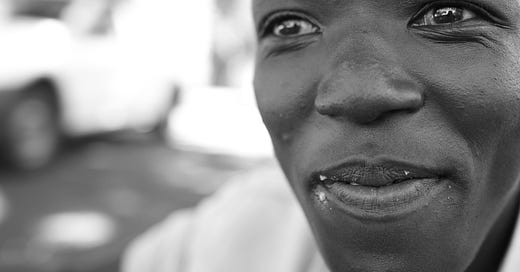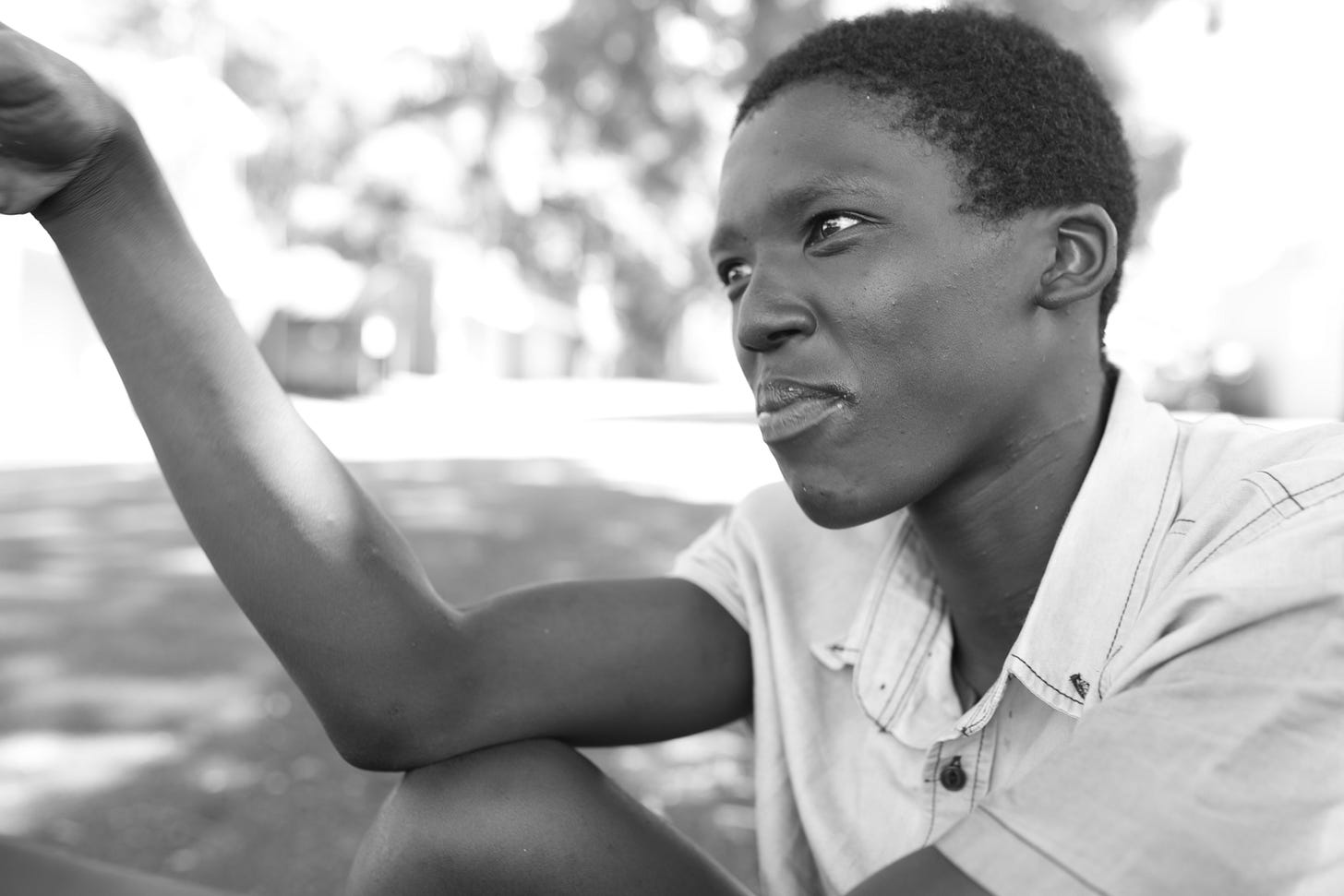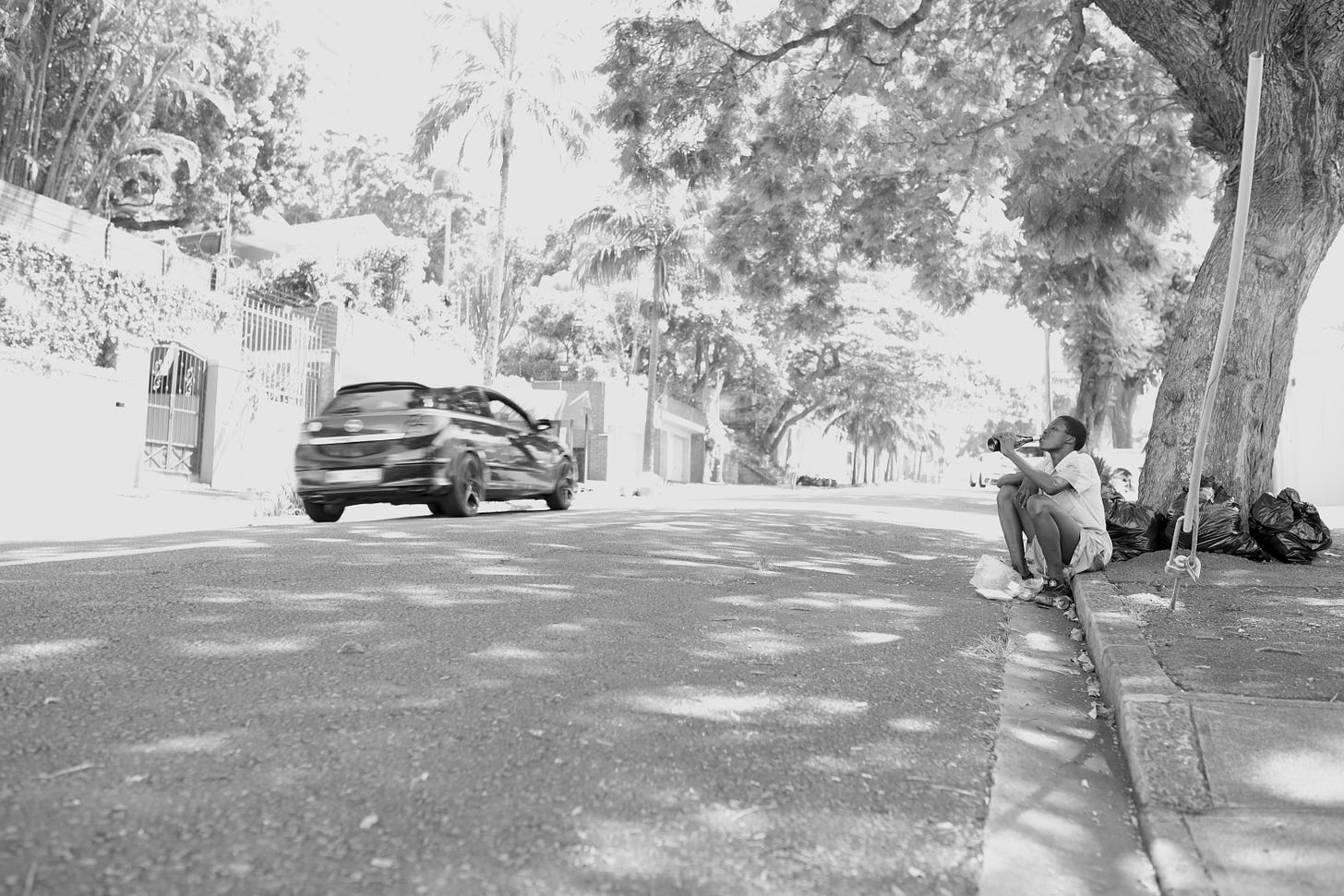Being foolish is an awkward tension.
Fools try. That’s their great strength. Fools fail too, that’s their great shame. And yet history holds fools in high regard — that’s what Jordan Peterson says anyway in the first chapter of Beyond Order. He shows from tarot cards to Carl Jung the fool was considered noble. It was in his bold smile. That confident step off the proverbial cliff which made him so highly esteemed by scoundrels and psychologists alike. Fools they believed were the one human archetype within sliding distance of becoming ‘perfect’ thanks to childlike innocence that freed them up not to be so afraid. And yes, they failed, but still, everyone seemed to agree their journey was most likely to end at the pinnacle of human development - the redeemer archetype.
But saving the world is an equally awkward idea.
For starters the idea itself needs to be exorcised from the soul of anyone who has enjoyed historic power. If we don’t get that out the way first then our ‘trying’ just further entrenches lies and power imbalances that already exist. Privileged whities like me, especially men, find this very hard (I’ve found it hard). For example, elevating women or blackness or Africa or any other group that historically had to put up with sucking the hind tit of our almost global domination doesn’t requires us white men to lift them up. That would just maintain the lie we are strong and they are not. Instead, our job is to move aside as gracefully as possible and share the space we’ve previously enjoyed alone.
So let’s assume we got that right. As men we’re thinking of ourselves a little less highly of ourselves and as whites, we’re aware of our superiority complex and so get the tension between service and selfishness. And yet still, every day, we must all engage with a world that needs saving! That’s a mind-bender? Two years ago things got pulled apart for me. A man my age walked up to me with a smile on his face. I was carrying three big bags of rubbish. His smile grew. He bounced towards me happier than I have been in a long time and said casually: “Got anything lakka in there for us”, thinking of his friends.
What do we do with that? How do we serve them? How do we tell ‘others’ we care about them without further entrenching the firmly established and insidious idea that they are powerless and we are powerful?
And the obvious answer is we can’t. We can’t engage with others equally because, for some of us, we are still not equal (and might never be through their own choices). Saving the man above through service other than loving words is always coming from above. That I suppose is the point of facing our privilege. It’s out of our hands. History’s canon fodder vanished forever in the smoke of thousand years of selfish choices and changing that now with the push of a button is as unrealistic as owning a time machine (check out communism). But if we have a soul and have not severed it from feeling others’ pains then we cannot ignore them either. We’re caught between a rock and a very hard place.
How do we care for those around us? How do we resurrect the fool who is prepared to walk the tightrope of trying? How do we feel others’ pain enough that we are prepared to step off the cliff of our own dignity mindful of the almost inevitable falling that will follow when we get it wrong? This morning I read Mathew twenty-five from Eugene Peterson’s the Message. I can’t help but love that man. He feels like the quintessential fool to me - someone innocent enough to walk off the religious cliff as long as he got a little bit more of the Real on the way down. He recounts Jesus’ story of judgment day when he will look at people, those who call themselves His followers or Christians, and keep things really simple: “Did you help people” he will ask? “Did you serve them?”. “Did you care?”
I can’t bring myself to put in black and white what Jesus’ answer to the reply no was. It makes me shudder because it is so pointy and offensive. And yet moments after I read that I can’t help but also get really practical. We live in a complex world and a reliable study of fifty beggars in Pretoria showed some people were making as much as R3,000 a day (read it above) while asking for money at robots. That’s up to R90,000 in month! I don’t think it is unfair to say a lot of that money probably came from well-meaning Christians, Muslims and others who are religiously compelled to give as the text above shows. The study goes on to say lots of money beggars receive goes straight to drugs which is why police and others say that kind of charity is not so smart. And then my skin crawls. So now a shuddering, privileged white man whose skin is crawling with an inherent savior and superiority complex … is it any wonder why some of us get stuck in inertia?
And then I talk to Thabiso below after I almost took his head off with my fist for approaching me too fast by my front door. He was thirsty and wanted some water so I filled an empty wine bottle because I couldn't find anything plastic and then watched him drink.
My recollection of a conversation with Thabiso:
“I grew up in Flagstaff. I was born in 2000. That makes me twenty-three this year. I am twenty-two now. My dad got a new wife so I went and lived with my father, a step-father treats someone who is not his son differently. But my father got sent to prison. His wife said she raped him. I was there though. He just got angry, he never raped her. I saw the whole thing.”
“When I arrived in Durban I wasn’t smart— I was just a kid. Older boys took advantage of me. They made me to come and rob people. We used a screwdriver. I was so scared. I couldn’t take anything, it was the way the people screamed. I couldn’t take anything and so the others got angry with me.”
“I smoke weed. It helps me think. I have tried Wonga and glue but I am asthmatic. The glue made my chest hurt so I stopped. Older boys suck something out of a glass bottle, I am not sure what it is.”
“I survive by doing small jobs. Like this last weekend there was this colored guy, he said he liked my attitude. He had lost his keys and I told them maybe they were in the car. He said that was impossible. But they were there, they had been drinking a lot and one of his friends had vomited on the floor of his car so I cleaned that up and found their phone under a seat. They paid me seventy-five Rand. Food and shelter in one job. Amazing!”
“People don’t talk to me. They’re scared of me. No one listens to what I say and sometimes they run the other way. They think that just because I live on the street I steal, and it is true, most of us steal. But not all of us. We are not all the same.”







